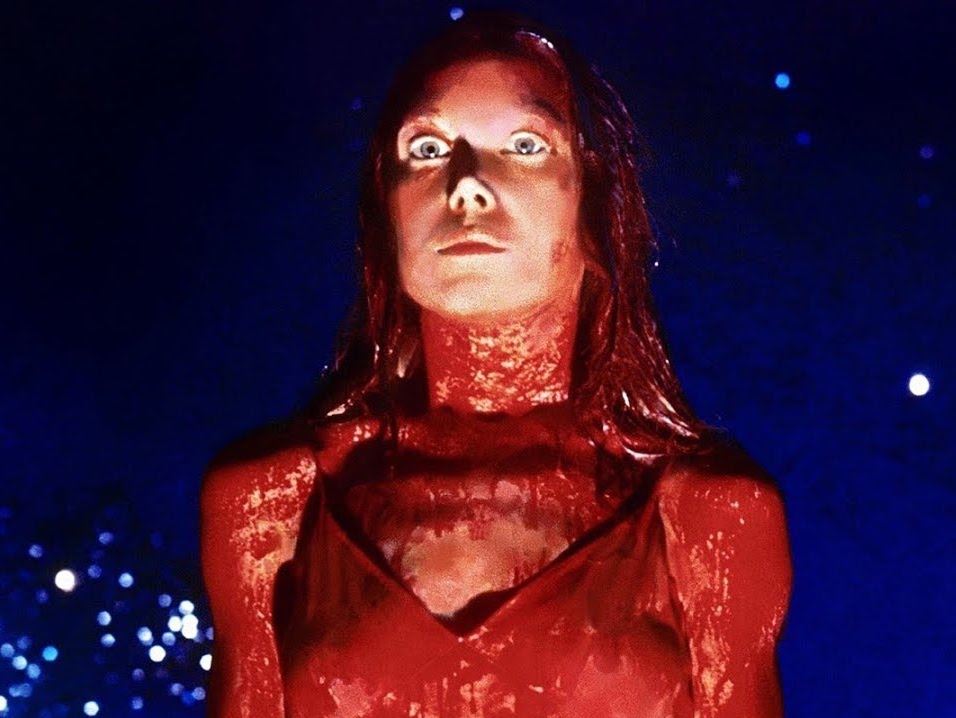
After being humiliated at school for having her first period, Carrie discovers she has telekinetic powers. When the bullying gets out of hand at senior prom, she uses her newly discovered gift against her classmates and teachers, setting in motion a disastrous chain of events.
“Brian De Palma’s Carrie was terrific. He handled the material deftly and artistically and got a fine performance out of Sissy Spacek. In many ways, the film is far more stylish than my book, which I still think is a gripping read but is impeded by a certain heaviness, a Sturm und Drang quality that’s absent from the film.”
Stephen King1
“The key was that Sue is us. She’s the surrogate for the audience. She, like us, could be standing there tormenting Carrie, only to realize what she’s done and have a moment of conscience that forever changes her life and everybody else’s.”
Lawrence D. Cohen2
Mike Childs and Alan Jones: Unlike the novel, Carrie’s telekinesis was basically played down in the film. Why?
Brian De Palma: I felt the telekinesis was basically a device to trick, and I wanted to use it as an extension of her emotions – her feelings that were completely translated into actions, that only erupted when she got terribly excited, terribly anxious and terribly sad. […] I never wanted to use it arbitrarily, floating stuff around. In a movie that’s kind of boring.
Brian De Palma in conversation with Mike Childs and Alan Jones3
- 1Eric Norden, “Interview with Stephen King,” Playboy Magazine, June 1983.
- 2Douglas Keesey, Brian De Palma’s Split-Screen (Jackson: University Press of Mississipi, 2015), 98.
- 3Mike Childs and Alan Jones, "De Palma Has the Power!," Brian De Palma: Interviews, ed. Laurence F. Knapp. (Jackson: University Press of Mississipi, 2003), 41.

